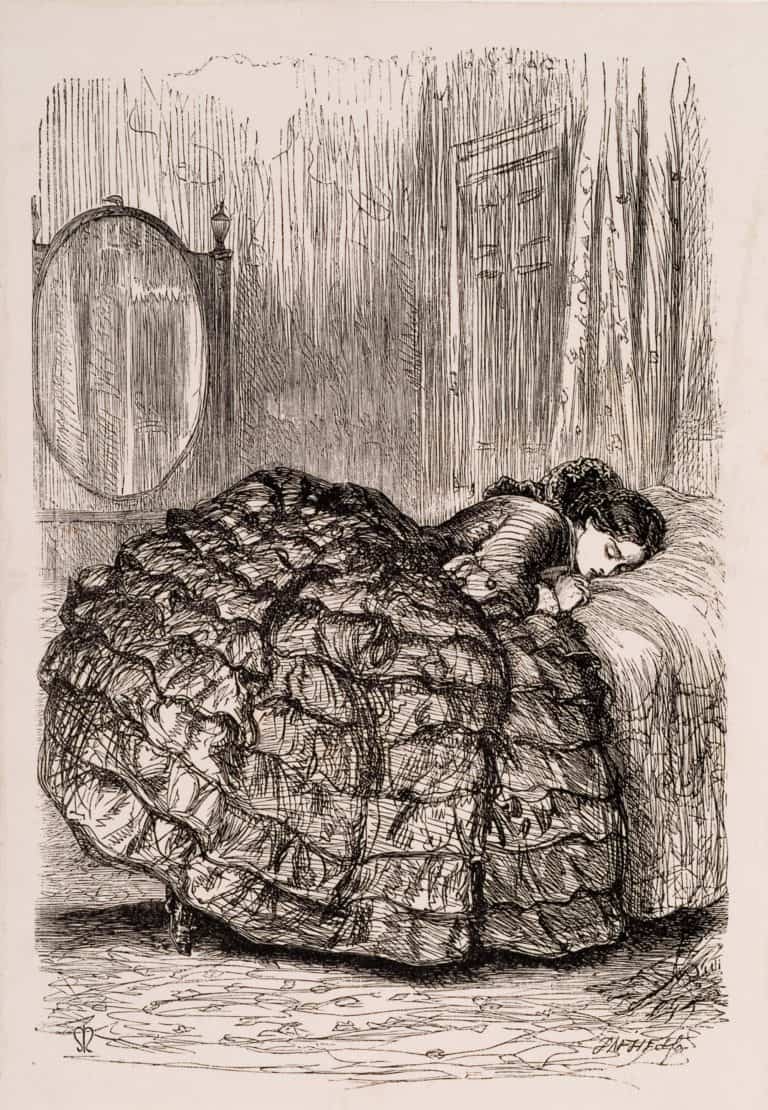Religious OCD in Islam: 9 Ways It Shows Up and What You Need to Know

For Muslims struggling with obsessive-compulsive disorder, faith can become both a comfort and a battlefield. Religious OCD in Islam—often called waswasa—is a condition where your brain hijacks acts of worship and turns them into a cycle of doubt, fear, and guilt.
This isn’t a sign of weak faith. It’s a treatable condition that distorts your relationship with Allah and yourself. If you’re constantly doubting your wudu, your prayer, or even your iman—you’re not alone. Here are 9 common ways religious OCD manifests in Islam, and how to begin reclaiming your peace.
1. Repeating Wudu or Salah Excessively
You might feel unsure whether you performed wudu correctly—or if you prayed “perfectly.” This leads to compulsive repetition, not out of devotion, but anxiety. In Islam, baseless doubts are not to be acted upon (see Sahih Muslim 397).
2. Fear of Saying or Thinking Blasphemous Things
Religious OCD can bring unwanted, intrusive thoughts about Allah, the Prophet ﷺ, or Islam itself. These are not sins—they’re symptoms. Islamically, thoughts you don’t act on are not punishable (Sahih Bukhari 5269).
3. Obsessing Over Intentions (Niyyah)
You may constantly question whether your intention was sincere enough before making wudu, praying, or fasting. You repeat actions, trying to “lock in” the right niyyah. But sincerity is not perfection—it’s doing your best with what you have.
4. Constant Fear of Committing Kufr
You may worry that you accidentally said or did something that invalidated your Islam. OCD latches onto this fear, making you feel like you’ve left the fold of Islam for the smallest thought or mistake—even when nothing actually happened.
5. Reassurance Seeking from Scholars or Friends
People with religious OCD often ask imams, family, or friends questions like, “Did this make me a disbeliever?” or “Was my prayer valid?” While seeking knowledge is good, the endless need for reassurance feeds the OCD cycle.
6. Avoiding Worship to Escape Anxiety
When prayer, Quran, or masjid visits start triggering distress, some people avoid them altogether. This avoidance isn’t laziness—it’s a coping response to overwhelming fear. Unfortunately, it makes OCD stronger in the long run.
7. Overanalyzing Religious Language and Rules
Reading fatwas or Islamic texts might trigger hours of obsessive thinking. You read and reread the same sentence, worried you misunderstood something that could condemn or invalidate your deeds.
8. Intrusive Thoughts During Worship
These thoughts can be sexual, violent, or blasphemous—and they often happen in the middle of salah or Quran recitation. You might feel dirty or sinful, but these thoughts are not your fault. They’re a known symptom of OCD.
9. Feeling Spiritually Broken or Unworthy
Religious OCD can leave you feeling like a hypocrite, a sinner, or beyond hope. But in reality, your distress shows deep care for your faith. Islam acknowledges human struggles—and Allah is Most Merciful, especially toward those sincerely trying.
Final Thoughts
Religious OCD in Islam is a mental health condition, not a spiritual failure. It’s waswasa—whispers that aim to exhaust you and cloud your connection with your Lord. But Islam teaches that Allah does not burden a soul beyond what it can bear (Qur’an 2:286).
Healing is possible. ERP therapy (Exposure and Response Prevention), Islamic counseling, and proper support can help you break the cycle. You can return to a place where prayer brings peace—not panic.
You are not a bad Muslim. You are a Muslim facing a difficult test—and in that, there is reward, not shame.




